General George Washington's Crossing That Saved America: A Short History
On August 27, 1776, the British attacked Brooklyn on three fronts. The British attacked American forces directly on two fronts and sent a third force of about 10,000 men through a little used pass to successfully outflank the Americans. With Washington's army caught off guard and outnumbered, only a series of fortuitous events saved the American Revolution.
First, a small group of 400 soldiers from Maryland were able to fight and save the army from a complete rout. This allowed a larger group of Americans to retreat to Brooklyn Heights and avoid capture. Rather than press their advantage, British General William Howe ordered his men to stop the attack and dig trenches around the Continental Army. He expected the Americans to surrender. He also expected British ships to sail around and cut off the Americans from their only line of retreat across the river to Manhattan. But the ships never came. Why? Because there was not enough wind to get them there.
This gave George Washington the night to secretly get 9,000 men to safety and keep his army intact. He ordered every available boat to be taken and used to get his army across the East River. Working through rain and darkness, the oarsmen in the boats crossed the river multiple times to deliver soldiers across to the other side. The only problem was that as the sun rose there was still a large part of the Continental Army left in Brooklyn. These men likely would have been killed or captured if they did not cross the river, losses the Americans could not afford.
However, a final fortune smiled down on the Americans from Above. A heavy fog settled over the area and the rest of the Continental Army was able to conceal their movements from the British. As the fog lifted, the British were left in bewilderment as they realized the Continental Army was gone.
"Incredibly, yet again, circumstances – fate, luck, Providence, the hand of God, as would be said so often – intervened." – Historian David McCullough from his book 1776
-
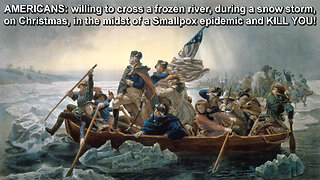 2:20
2:20
MAGA Lion HAT
1 year agoGeorge Washington Remembers Crossing The Delaware on Christmas 🔫🦅🎅🎄
294 -
 13:05
13:05
Mark Levin Show
1 year agoGeorge Washington: America’s First Hero
13.1K10 -
 47:15
47:15
We The People - Constitutional Conventions
8 months agoPlan for 3 World Wars, August 15, 1871 ALBERT PIKE'S WWIII
3.85K6 -
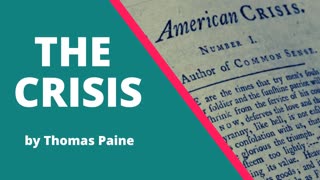 21:40
21:40
Audio Andrea
1 year ago"The Crisis" by Thomas Paine - America's Fight for Independence
153 -
 7:18
7:18
galacticstorm
3 months agoHow America's Actions Impact the Rest of the Western World | Victor Davis Hanson
618 -
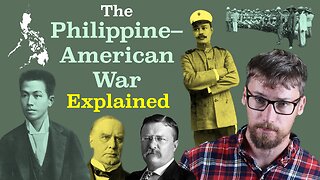 20:09
20:09
Mr. Beat
1 year agoThe War Your American History Teachers Probably Didn't Tell You About
3.76K10 -
 4:25
4:25
Inside Out Leadership
7 months agoRising Through Adversity: The Extraordinary Journey of George Washington
13 -
 41:14
41:14
Tenth Amendment Center
4 months agoWar Powers and George Washington
2737 -
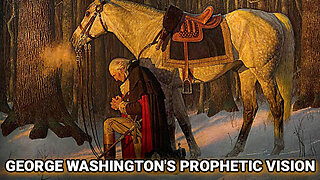 4:30
4:30
JSlayUSA
11 months agoWashington’s Prophetic Vision of America | Independence Day Special
3.3K5 -
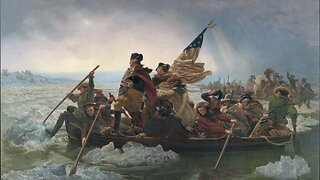 15:42
15:42
Declarations of Truth
6 months agoWashington did the impossible
810